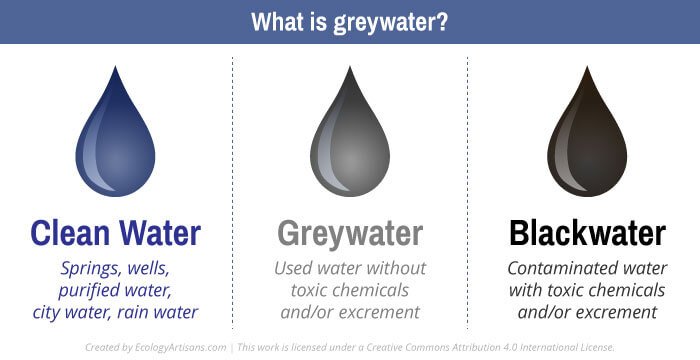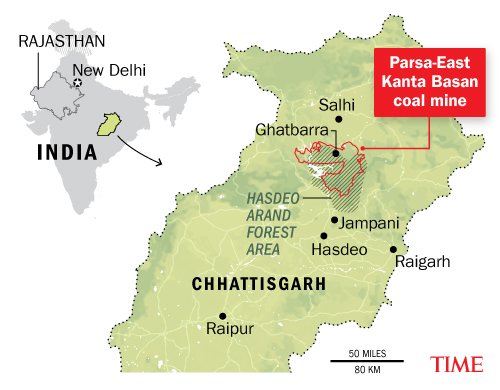
Global Ocean Heat Content
Subscribers of "Current Affairs" course can Download Daily Current Affairs in PDF/DOC
Subscribe to Never Miss an Important Update! Assured Discounts on New Products!
Must Join PMF IAS Telegram Channel & PMF IAS History Telegram Channel
- Context (DTE): In 2023, global ocean heat content doubled or tripled since the late 1980s.

Key Findings
- The amount of heat stored in the upper 2,000 metres of the global ocean or the ocean heat content reached 286 Zetajoules (ZJ) in 2023 relative to the 1981–2010 average.
- The 2023 estimate represents around 4.6 billion Hiroshima nuclear bombs.
- Warming in much of the Atlantic, North Pacific, Western Pacific and Southern oceans is occurring at a faster rate than the global average.
- CO2 concentration in the atmosphere in 2023 was more than 50% above the preindustrial level.
- The Salinity Contrast index (difference between the salinity averaged over high and low-salinity regions) reached 7.2 mg per kg in 2023, the fourth-highest value since 1958.
What is Ocean Heat Content?
- Ocean heat content (OHC) is the amount of heat energy stored by the oceans.
- It is calculated by measuring the ocean’s temperature at different locations and depths, and then integrating the areal density of ocean heat over the entire ocean.
- OHC is measured in joules, a unit of energy, and compared against the 1971–2000 average, which is set at zero for reference.
Significance of Ocean Heat Content
- Changes in OHC influence ocean currents and weather patterns. E.g, the heat stored deep in the ocean can influence the strength, duration, and frequency of tropical cyclones.
- Indicator of climate change and is used to quantify the rate of global warming as over 90% of the extra heat trapped by humanity’s GHG emissions is stored in the oceans
- Sea level rise: The expansion of seawater as it warms (thermal expansion) contributes to sea level rise. The increase in OHC accounts for 30–40% of global sea-level rise from 1900 to 2020.
- Climate stabilization: The ocean’s ability to store and release heat over long periods gives it a central role in stabilizing Earth’s climate system.
- Marine ecosystems: High OHC can disrupt marine ecosystems, bleach coral, and contribute to extreme weather events such as hurricanes.








![PMF IAS Environment for UPSC 2022-23 [paperback] PMF IAS [Nov 30, 2021]…](https://pmfias.b-cdn.net/wp-content/uploads/2024/04/pmfiasenvironmentforupsc2022-23paperbackpmfiasnov302021.jpg)










